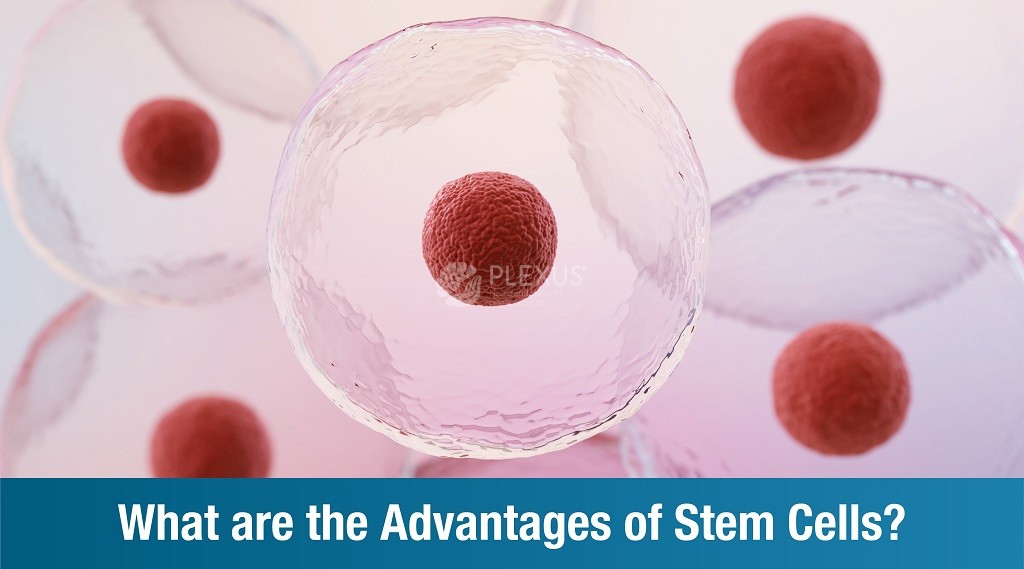
When we hear about Cell therapy, we also wonder about its side-effects. In spite of being around for decades, Cell therapy has still not been fully accepted as a viable option for managing symptoms of several diseases and disorders. We’d much rather go for ‘safer’ options.
Our founder, and India’s leading Cell specialist, Dr Na’eem Sadiq is here to tell you that Cell therapy is safe, and Cell therapy at Plexus is the safest option!
Through this blog, we’ll help you understand how the advantages of Cell therapy far outweigh its side-effects.
Cells and their characteristics
Cells are progenitor cells that are procured from one part of the body. They can be procured from the brain, bone marrow, blood, blood vessels, skeletal muscles, skin, and/or liver.
All specialised cells in our body originate from Cells.
Cells have three distinct characteristics which separate them from other cells in the body. These include:
- They have the ability to self-renew and differentiate.
- They are unspecialised cells, which means they may not be able to perform certain specialised functions.
- They can differentiate into specialised cells, such as blood cells, brain cells, muscle cells, nerve cells.
These characteristics of Cells make them the ideal choice for managing the symptoms and controlling the progression of a variety of degenerative conditions.
Advantages of Cells
The above mentioned characteristics are also the greatest advantages of Cells and Cell therapy.
At Plexus, India’s first ISO-Certified Cell research centre, we use autologous mesenchymal Cells. These cells are procured from the patient’s own body and therefore render the procedure ‘safe’ and ‘risk-free’. Autologous Cell therapy also reduces the risk of immune rejection.
Cell therapy at Plexus is a non-surgical procedure that has the following advantages:
- Assists in symptoms management
- Improves quality of life
- Betters everyday functionality
- Prevents/slows down further nerve damage and disease progression
- Lowers inflammation and reduces pain
- Improves immune function
- Enhances brain development
- Offers faster post-procedural recovery
Other benefits of Cell therapy include:
- Helps in tissue regeneration
- Offers scope for complete organ generation, thus reducing the risk of organ transplant rejection
- Reverses ageing
- Addresses infertility
Application of Cells
Cell therapy has benefited patients suffering from a variety of other ailments, including:
- Orthopaedic conditions
- Trauma-induced conditions
- Inflammatory conditions
- Neurological disorders
- Autoimmune diseases
- Hematopoietic diseases
- Cardiovascular illnesses
- Gastrointestinal disorders
- Metabolic disorders
- Organ disorders
- Ocular disorders
- Skin disorders
- Cancers
You can read more about the potential application of Cells and their role in regenerative medicine.
Risks of Cells
As with any therapy programme, Cell therapy also comes with risks. But these are minor, not life-threatening, and temporary side-effects that do not hamper the patient’s progress in any way.
Read about the risks associated with Cell therapy here
Read about the myths and misconceptions about Cell therapy here
Regenerative Rehabilitation at Plexus
At Plexus, we specialise in regenerative rehabilitation programmes for the following conditions:
Autologous mesenchymal cells are taken from the patient’s body, cultured in a laboratory, and then injected back into the patient in a minimally-invasive, non-surgical, painless procedure.
The injected Cells help regenerate or repair damaged tissues, reduce inflammation, improve immunity, and also secrete growth factors and cytokines.
If you’d like to know more about Cell therapy at Plexus, reach out to us today.
WhatsApp +91 89048 42087
Call +91 78159 64668 (Hyderabad) | +91 82299 99888 (Bangalore)
FAQs
What are 3 important uses of Cells?
Cells can be used for:
- Regenerative medicine for different kinds of diseases and disorders
- Tissue regeneration, and possible organ generation
- Researching medical conditions, especially inherited diseases
What are the 4 major types of Cells?
The four types of Cells are:
- Embryonic Cells
- Adult Cells
- Induced pluripotent Cells
- Mesenchymal Cells
Read about the different types of Cells here.
How do Cells work?
Injected Cells provide immunomodulation, secrete growth factors, regenerate/repair damaged tissues, and slow down progression of diseases.
What is the source of Cells?
Cells can be sourced from:
- Brain
- Bone marrow
- Blood
- Blood vessels
- Skeletal muscles
- Skin
- Liver
What is the role of Cells?
Cells play a vital role in regenerative medicine, disease modelling, gene therapy, and genetic editing.










